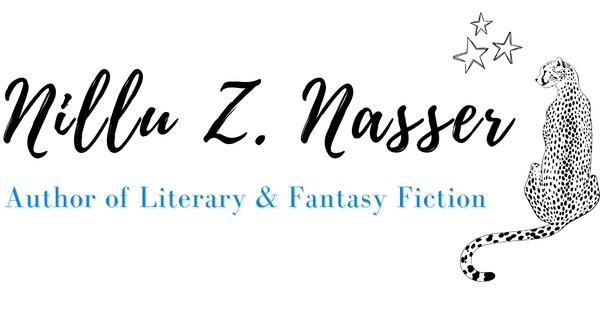 Photo by Namtaf
Photo by Namtaf
Over the last few weeks comments from my novel beta-readers have been trickling in. It’s the first time I’ve been through this process for a long project. Common wisdom says I should collect the responses and read them all at once. This way, it’s easier to get an overarching view of the novel’s reception and hone in on the common areas of work needed. I would be less likely to focus on individual outlier points.
Instead, I found myself opening each critique as they came in, beating heart in my mouth. What I discovered was a very varied set of comments, each shaped by the experiences and tastes of the readers I had chosen, some of which were overlapping, all of which were useful. I have some work to do, but I know my novel will be better for the input of my insightful readers.
What is even more interesting, is how my ending split my beta-readers down the middle. I am still expecting one set of comments back, but to date, two readers liked the ending, one thought it worked but I could risk upsetting some readers, and one really didn’t like it at all.
Endings are tough. Even in real life they are tough. Why should fictionalised ones be any different? After investing time in the reading experience, poor endings make the reader feel cheated. A good ending:
- meets genre expectations, e.g. deviating from a happy ending in a romance novel will leave many readers unhappy
- ties up loose plot threads, unless you are deliberately leaving them open for a sequel
- brings about a satisfying emotional resolution
- often includes some kind of redemption for the protagonist, or at least the impression that they have learned something along the journey
- may tie in with your theme
- may be unexpected, but should still feel inevitable after the fact (I love this kind of ending. They make me rush off to find a friend to discuss the ending with, or scour Goodreads for other reader reactions)
- may mirror the beginning of your novel
- does not have to be clear-cut; some might be open to interpretation.
- does not over linger. Ideally, they will leave the reader scouting for more of your work.

Photo by Nick Kenrick
Beta-readers are a good litmus test of how your ending will come across, and give you time to consider whether you need to find a different one. Film directors, after all, often film alternate endings, which are then tested with preview audiences. Why not the same for books? However you may have planned your novel, sometimes, the final read through may reveal options for the resolution that you had not previously considered.
As for me, in all honesty, I am likely to retain my ending, in full knowledge that it might not satisfy all readers. Time will tell whether this is folly or not. As with any part of writing a story, the ending comes down not only to the what but to the how. In my final edits, I will be careful to answer my beta-reader concerns, and have a few ideas about how to make the ending more satisfying.
At the end of the day, your novel has to be true to your vision first and foremost. You consider all options, and choose a direction of travel. You start your next project. You hope that you always turn out the best work you are capable of and that somewhere along the way, your true fans will find you.
Onwards.
